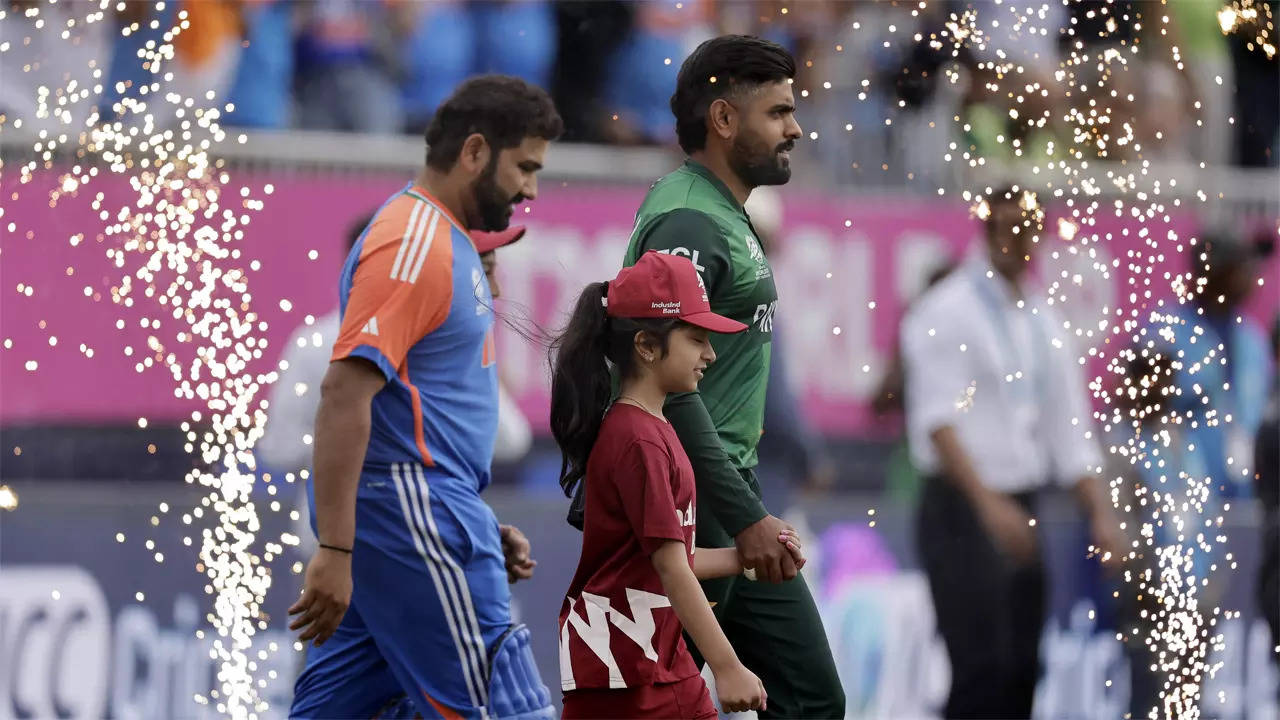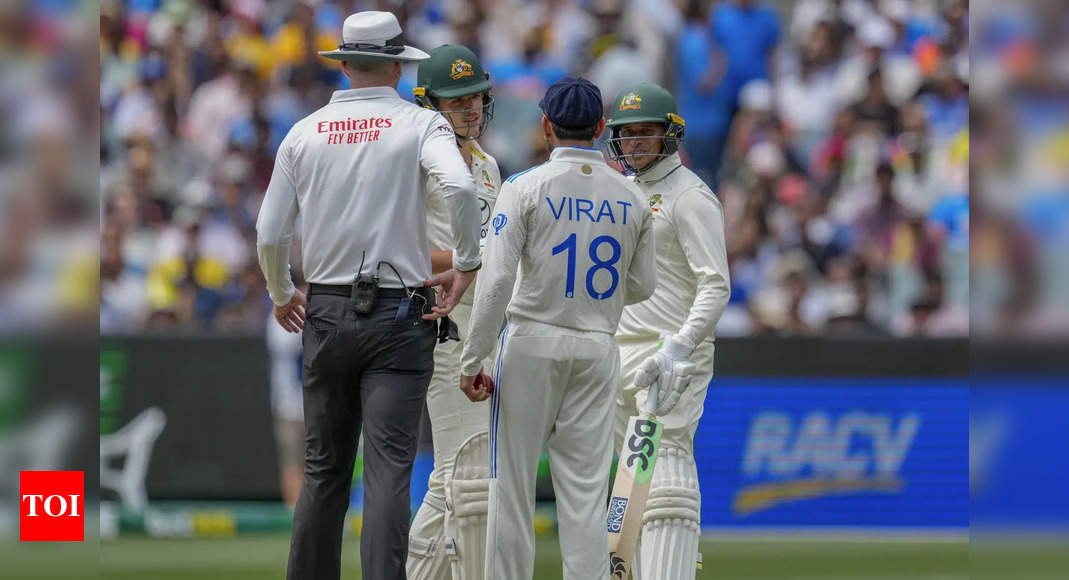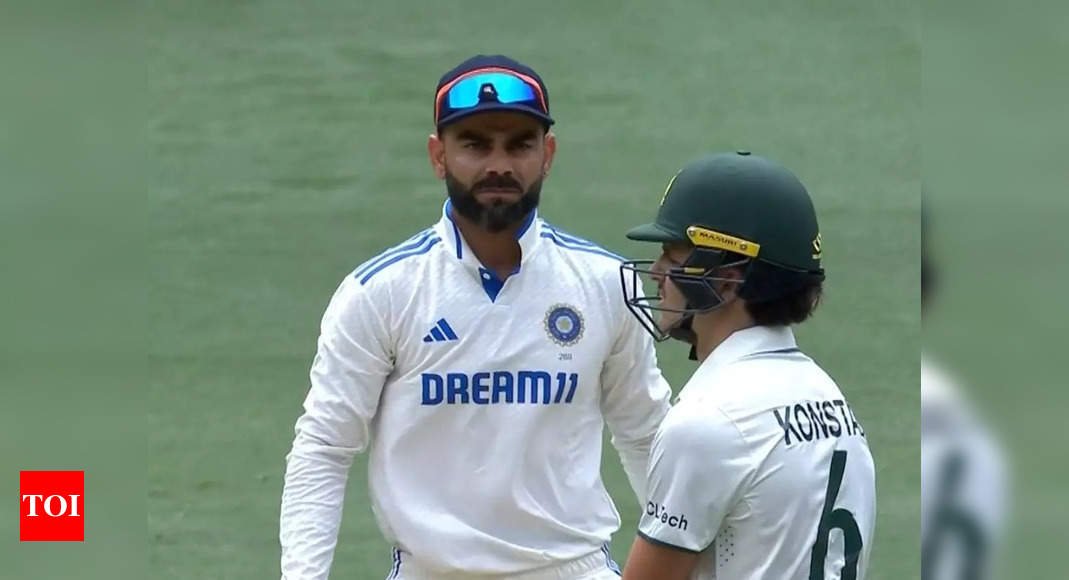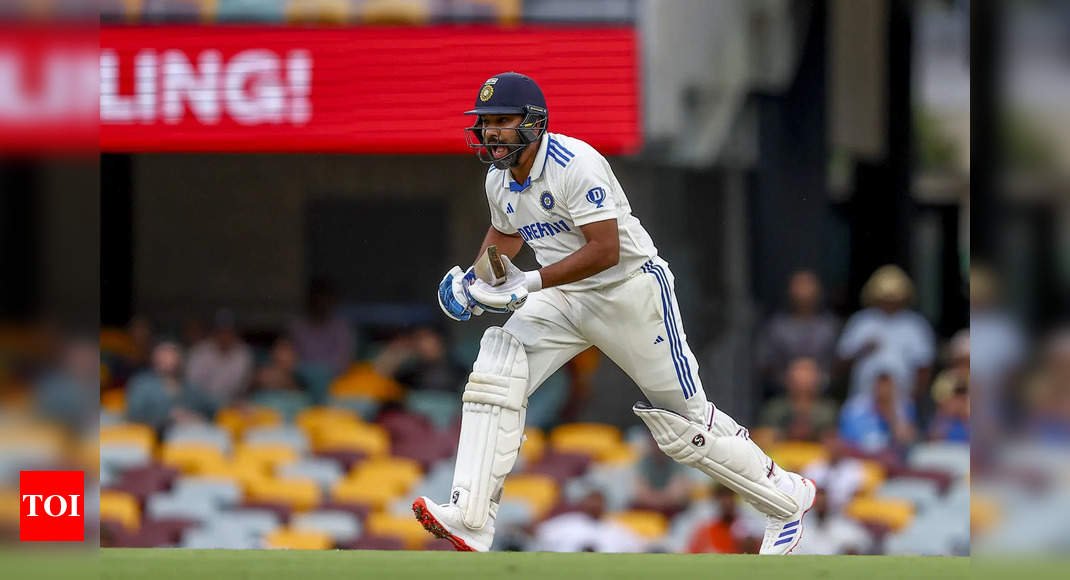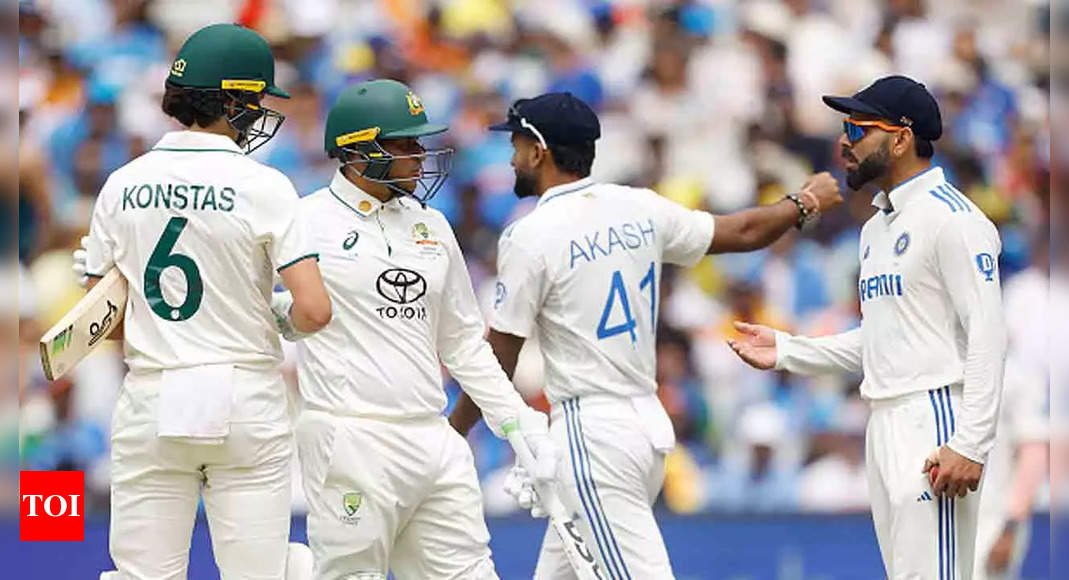His comments came amid discussions on TalkSPORT regarding issues at the ongoing 2024 T20 World Cup.He claims that such practices amount to “fixing fixtures” and manipulates the game’s outcomes for commercial gain, impacting the fairness and quality of the competition.
“Not in the slightest,” Lloyd responded when asked if eliminating pre-scheduled India-Pakistan matches would be a loss. “We talk long and hard about fixing in cricket. That’s fixed. It’s just fixed for a major event. The game itself is an event. You can’t fix it. And that’s only part of what we fix. We fix loads of stuff. In this particular World Cup, you’re just trying to manipulate. It’s just wrong.”
Lloyd also criticized the 2024 T20 World Cup’s scheduling, particularly the lack of rest days for teams during the Super 8s stage. He noted that the tight schedule has adversely affected teams’ performance and preparation time.
Another concern Lloyd raised was the inconsistency in semi-final rules, pointing out that the India vs England semi-final had no reserve day while the South Africa vs Afghanistan match did.
“It just isn’t fair (to the teams),” Lloyd noted. “We’re just manipulating the tournament for the benefit of a few. If you look at the TV audience in India, they would watch anything there and anytime. It is a religion. It is the be-all and end-all. They would watch it and so it must have some commercial value, that overrides the competition itself.”
“FIXED Fixtures!” FIVE Things That NEED to Change For the 2026 T20 World Cup🤔| Bumble & Kimber
Lloyd and his fellow experts on the discussion outlined five critical points for the ICC to consider before the next World Cup:
- First, India and Pakistan should not automatically play each other in tournaments. Their matches should be determined by the draw and tournament progress, not pre-arranged.
- Second, uniform rules in the semi-finals, including provisions for reserve days for all teams.
- Third, no predetermined teams should be set for the Super 8 and semi-finals. Teams should qualify based solely on their performance during the tournament.
- Fourth, a fair distribution of matches and locations, ensuring no team plays all their matches at a single location while others travel extensively.
- Fifth, no more fixed schedules that favor certain outcomes. He believes the schedule should not be manipulated to promote specific results, thereby ensuring a fair and unbiased competition.
These criticisms and proposed reforms reflect a broader call for fairness and integrity in the organization of international cricket tournaments. Lloyd’s comments aim to preserve the competitive spirit of cricket for all teams and fans.


